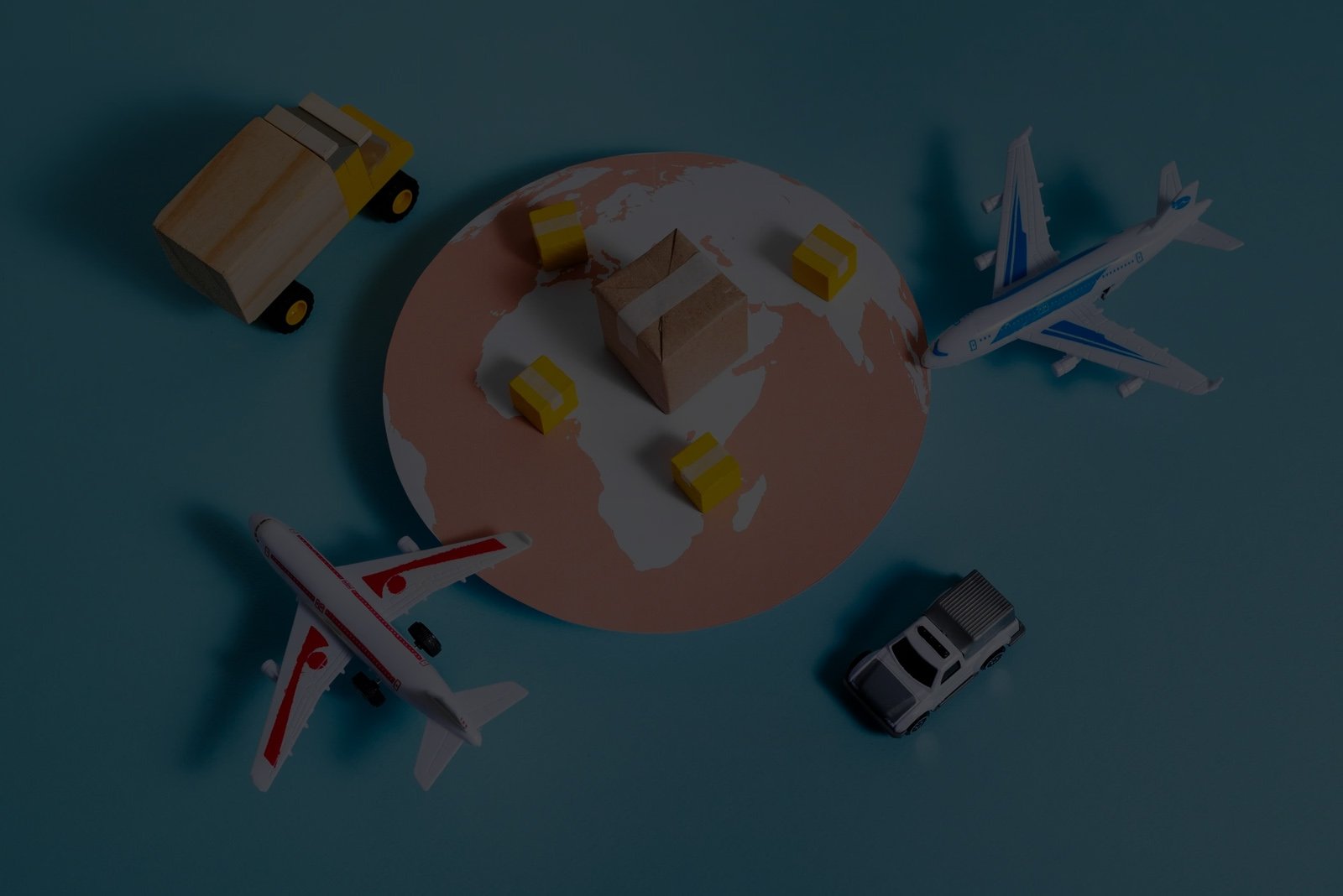
Freight News
Staying Compliant: Understanding Regulatory Changes in Customs Procedures

In today’s rapidly changing global trade environment, staying compliant with customs regulations is more important than ever. For businesses engaged in international trade, understanding and adapting to regulatory changes in customs procedures is critical to avoid costly delays, fines, and penalties.
In this article, we’ll explore the importance of trade compliance, recent changes in customs procedures, and practical steps to ensure your business remains compliant.
The Importance of Trade Compliance
Trade compliance refers to the adherence to laws and regulations governing international trade. These rules are put in place to ensure fair trade practices, national security, and the collection of revenue. Non-compliance can result in severe consequences, including hefty fines, shipment delays, and even the suspension of trading privileges.
Why Compliance in Customs Procedures Matters
Compliance in customs procedures is essential for several reasons:
- Avoiding Penalties: Non-compliance can lead to significant fines and penalties, impacting your bottom line.
- Ensuring Timely Deliveries: Proper documentation and adherence to regulations ensure that your shipments clear customs without unnecessary delays.
- Maintaining Reputation: Consistent compliance enhances your reputation with customs authorities and partners, fostering smoother future transactions.
- Legal and Ethical Responsibility: Adhering to trade laws demonstrates your commitment to ethical business practices and supports global trade stability.

Recent Changes in Customs Procedures
Customs regulations are constantly evolving to keep up with changes in global trade dynamics, security concerns, and technological advancements. Here are some recent changes you should be aware of:
Advanced Electronic Filing Requirements
Many countries now require advanced electronic filing of shipment information before the goods arrive at the port of entry. This includes submitting detailed cargo information, such as the description of goods, value, and origin. These requirements aim to enhance security and expedite the customs clearance process.
Increased Focus on Security
In response to global security threats, customs authorities have increased their focus on security measures. This includes stricter screening processes, more thorough inspections, and additional documentation requirements. Companies must stay updated on these security protocols to avoid disruptions.
New Tariff and Trade Agreements
Trade agreements between countries can lead to changes in tariffs, duties, and other trade-related regulations. Staying informed about new trade agreements and their implications is crucial for businesses involved in international trade. Understanding these changes can help you optimize your supply chain and reduce costs.
Practical Steps to Ensure Compliance
Ensuring compliance with customs procedures may seem daunting, but with the right approach, it can be manageable. Here are some practical steps to help your business stay compliant:
Stay Informed
Regularly monitor updates from customs authorities and trade organizations to stay informed about regulatory changes. Subscribing to newsletters, attending webinars, and participating in industry forums can help you stay up-to-date.
Implement a Compliance Program
Develop a comprehensive compliance program that outlines your company’s policies and procedures related to customs compliance. This program should include guidelines for documentation, employee training, and internal audits.
Train Your Staff
Ensure that your employees are well-trained in customs procedures and aware of the latest regulatory changes. Regular training sessions and workshops can help keep your staff informed and prepared to handle compliance-related tasks.
Utilize Technology
Leverage technology to streamline your customs compliance processes. There are various software solutions available that can help you manage documentation, track shipments, and ensure adherence to regulations. These tools can also provide real-time updates on regulatory changes, helping you stay compliant.
Conduct Internal Audits
Regularly conduct internal audits to assess your compliance with customs regulations. Identify any gaps or areas for improvement and take corrective actions promptly. Internal audits can help you proactively address compliance issues before they escalate.

Common Challenges in Customs Compliance
Despite best efforts, businesses often face challenges in maintaining customs compliance. Here are some common challenges and tips to overcome them:
Complex Documentation Requirements
Customs documentation can be complex and vary by country. Ensuring that all required documents are accurately completed and submitted on time is crucial. Working with experienced customs brokers or consultants can help you navigate these complexities.
Keeping Up with Regulatory Changes
Regulatory changes can occur frequently and may vary by region. Staying informed and adapting to these changes requires continuous effort. Assigning a dedicated compliance officer or team can help you stay on top of regulatory updates.
Managing Multiple Trade Partners
When dealing with multiple trade partners, ensuring compliance across the supply chain can be challenging. Establish clear communication channels and compliance expectations with your partners to minimize risks.
Mitigating Risks of Non-Compliance
Non-compliance can result from various factors, including human error, lack of knowledge, or oversight. Implementing robust compliance procedures, regular training, and internal audits can help mitigate these risks.
Conclusion
Staying compliant with regulatory changes in customs procedures is essential for businesses engaged in international trade. By understanding the importance of trade compliance, staying informed about recent changes, and implementing practical steps to ensure compliance, you can avoid penalties, ensure timely deliveries, and maintain a positive reputation.
Remember, compliance is an ongoing process that requires vigilance, adaptation, and a commitment to ethical business practices. By prioritizing customs compliance, you can safeguard your business and contribute to the stability and fairness of global trade.
Take Action: Streamline Your Shipping Logistics
Ready to enhance your shipping logistics and ensure seamless operations? Partner with Express Freight Management today. Our team offers expert solutions tailored to streamline your supply chain, ensuring compliance with the latest customs regulations and optimizing your delivery processes. Don’t let complex logistics hold your business back—contact Express Freight Management now and take your international trade activities to the next level. Contact us to learn more about how we can support your business needs and help you navigate the complexities of global shipping with ease.
